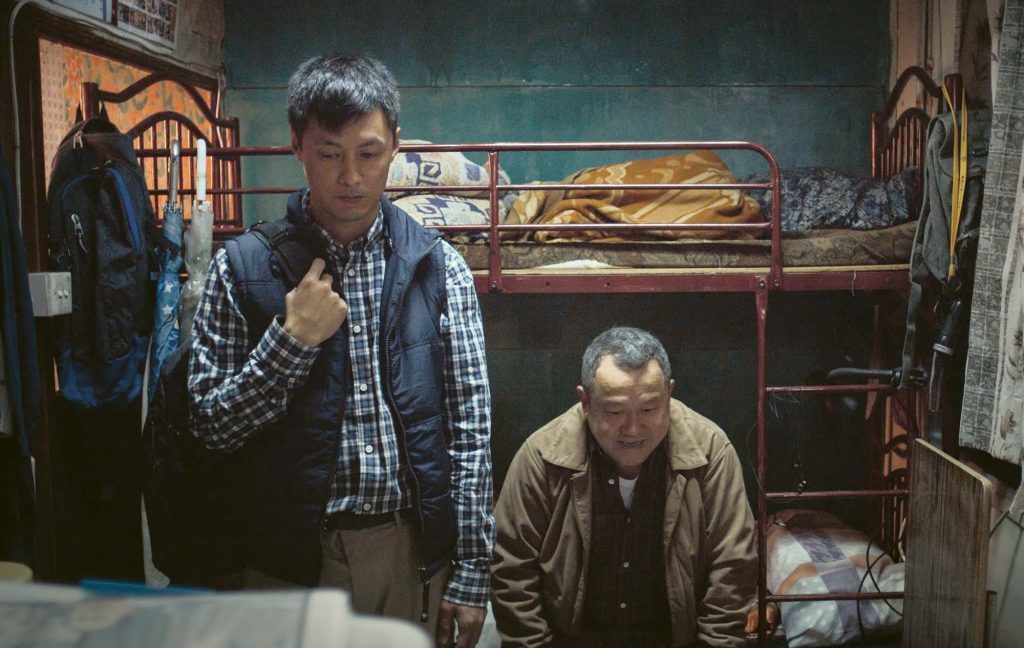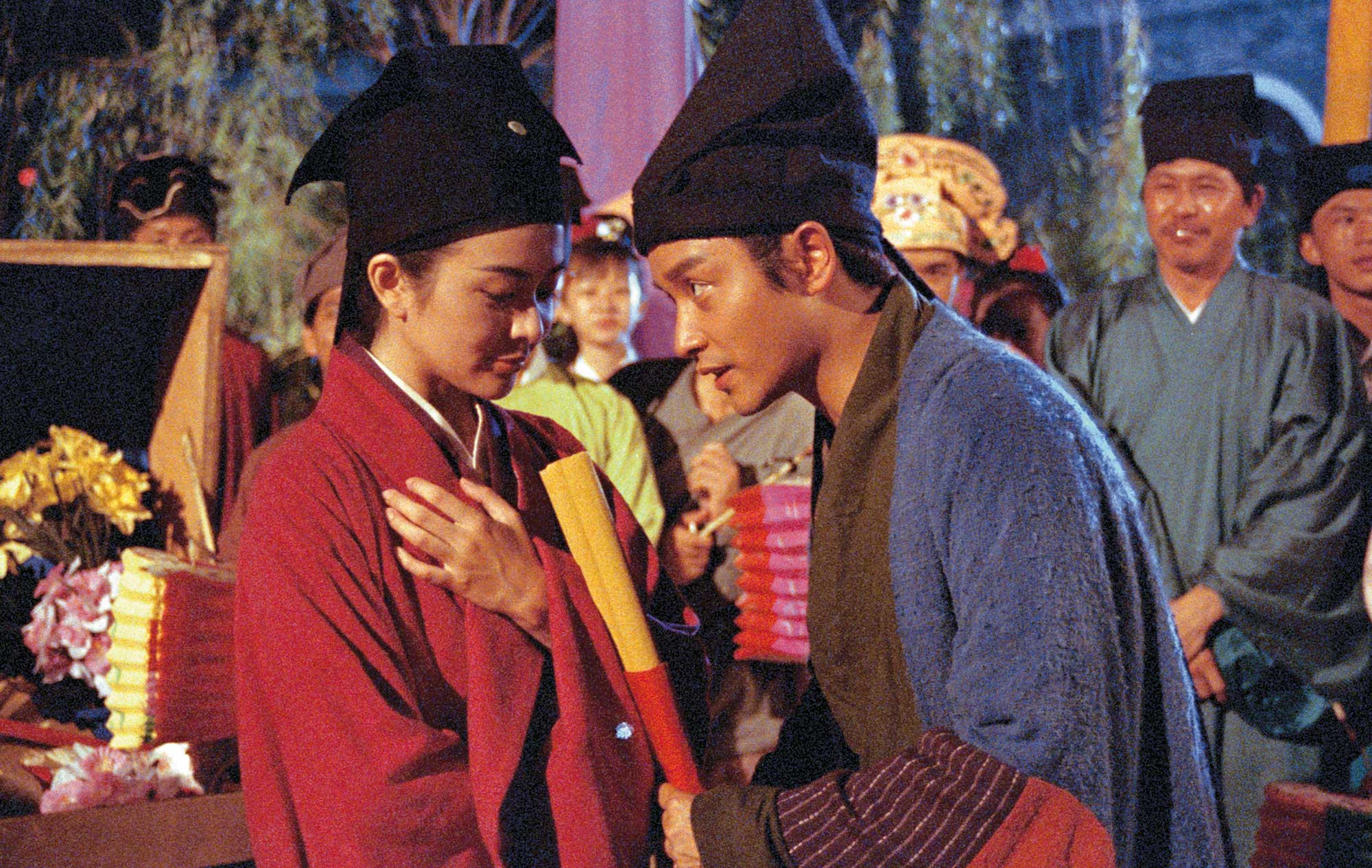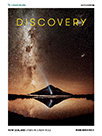I’m backstage with Wong Chun and Florence Chan at this spring’s Osaka Asian Film Festival during a screening of their debut feature, Mad World. Chan wrote the script; Wong directed it. The film is a devastating story of a man diagnosed with bipolar disorder (Shawn Yue) who is sent to live with his father (Eric Tsang) in his subdivided flat after a stint in a psychiatric hospital. It’s a work of fiction, but very much anchored in reality.
Mad World has provoked plenty of discussion for delving into a topic rarely examined in Hong Kong cinema: mental illness. According to government statistics, more than 800,000 people sought psychiatric help in public hospitals in 2015. Hong Kong films rarely examine the issue in such a realistic style.
The film project began in 2013. Wong and Chan’s former university teacher, Hong Kong New Wave director Patrick Tam, introduced them to the government’s new First Feature Film Initiative, which funds debut feature films made by young directors. Chan began looking for ideas.
‘I’ve always wanted to write about mental illness because I think films should depict it more realistically,’ says Chan. She found a story of a middle-aged man who accidentally killed one of his parents, which became the setup for the story’s tragic character.

Wong has directed several short films, but Mad World’s production was more elaborate than anything he’d ever done. With a budget of HK$2 million – a sacrifice for creative autonomy – Wong could only afford to hire a professional crew for 16 days. The stars opted for a share of the profits rather than a regular fee.
Hong Kong films are famous for the amount of improvisation on set, but the tight schedule meant meticulous preparation. ‘We also had to shoot in a lot of tight spaces, so we didn’t use any camera movements,’ Wong says. ‘I think the whole film only has three tracking shots.’
A day after the screening, Mad World won the top prize at the Osaka festival, with the jury praising its ‘unflinching and sympathetic view of a neglected reality’. ‘It is harsh but tender, tragic but hopeful. This film is an act of love,’ it added. A month later, Mad World won three awards at the Hong Kong Film Awards, including best new director for Wong. It is also one of the highest-grossing local films of the year – thanks to buzz generated by its numerous awards and a whirlwind half-year tour of film festivals around the world.
Mad World has also received positive feedback from people with bipolar disorder, social workers and doctors.
‘We were glad that they thought the film was true to life,’ says Chan. ‘One doctor said that it was the most realistic depiction of mental illness on film in at least a decade. Some people with bipolar disorder said that they saw themselves in the film. They felt consoled that someone told their story.’
Wong also hopes that they have helped the audience understand mental illness. ‘Film is an act of communication,’ Wong says. ‘If the audience doesn’t have sufficient background to understand a topic, shouldn’t we, as storytellers, take that extra step to help them understand it?’













